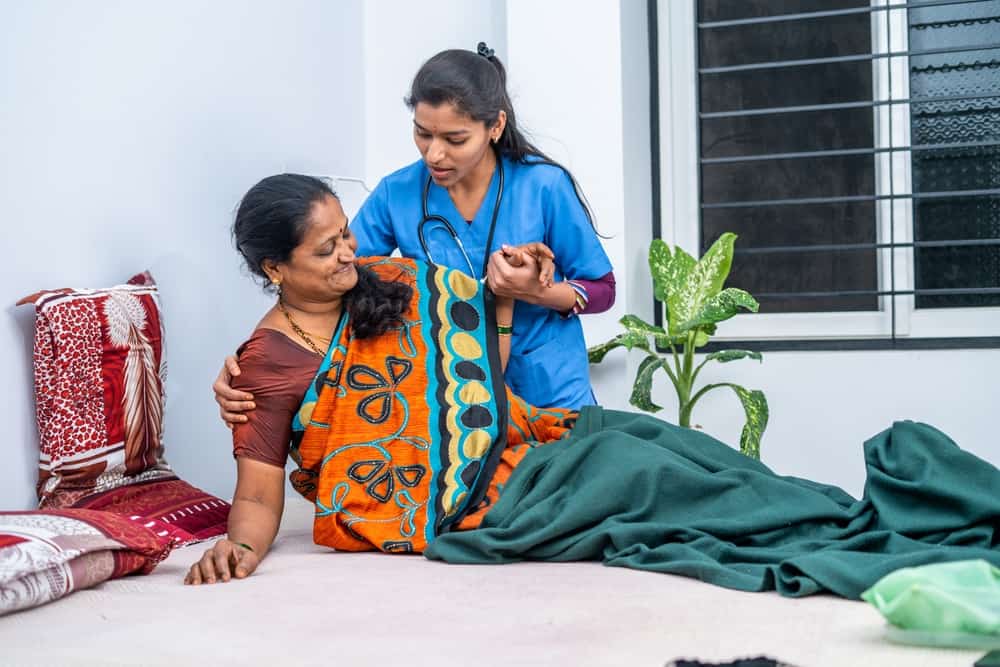Maternal and newborn care stands as a cornerstone of public health initiatives worldwide, representing a fundamental aspect of healthcare systems. This comprehensive approach encompasses a spectrum of services aimed at safeguarding the health and well-being of both mothers and their newborns during the perinatal period and beyond. From prenatal care to postnatal support, the continuum of maternal and newborn care plays a pivotal role in reducing maternal and infant mortality rates while fostering healthier outcomes for families.
Prenatal care forms the bedrock of maternal and newborn care, offering expectant mothers crucial medical supervision and guidance throughout pregnancy. Regular check-ups, screenings, and interventions during this phase not only monitor the health of both mother and fetus but also provide opportunities for education on nutrition, lifestyle factors, and childbirth preparation. Access to prenatal care is paramount in identifying and managing potential risk factors, thereby minimizing complications during childbirth and promoting safe deliveries.
The significance of skilled birth attendance cannot be overstated in ensuring positive birth experiences and reducing maternal and neonatal mortality. Access to skilled healthcare professionals, such as midwives and obstetricians, guarantees timely interventions and emergency obstetric care when needed, enhancing the chances of successful outcomes for both mother and baby. Furthermore, the provision of compassionate support and evidence-based practices during labor and delivery fosters a conducive environment for childbirth, promoting maternal satisfaction and emotional well-being.
Postnatal care represents the culmination of the maternal and newborn care continuum, offering essential services to support the transition to motherhood and newborn care. This phase focuses on monitoring maternal recovery, promoting breastfeeding, and addressing any postpartum complications or newborn health concerns. Equipping mothers with the knowledge and resources needed for infant care, including immunizations and early childhood development, empowers them to navigate the challenges of parenthood confidently.
In conclusion, prioritizing maternal and newborn care is indispensable in advancing public health agendas and achieving global health targets. By ensuring universal access to comprehensive services throughout the perinatal period, communities can mitigate disparities in maternal and infant health outcomes, fostering healthier futures for generations to come. Embracing a holistic approach to maternal and newborn care underscores its intrinsic value in nurturing healthy families and strengthening healthcare systems worldwide.





